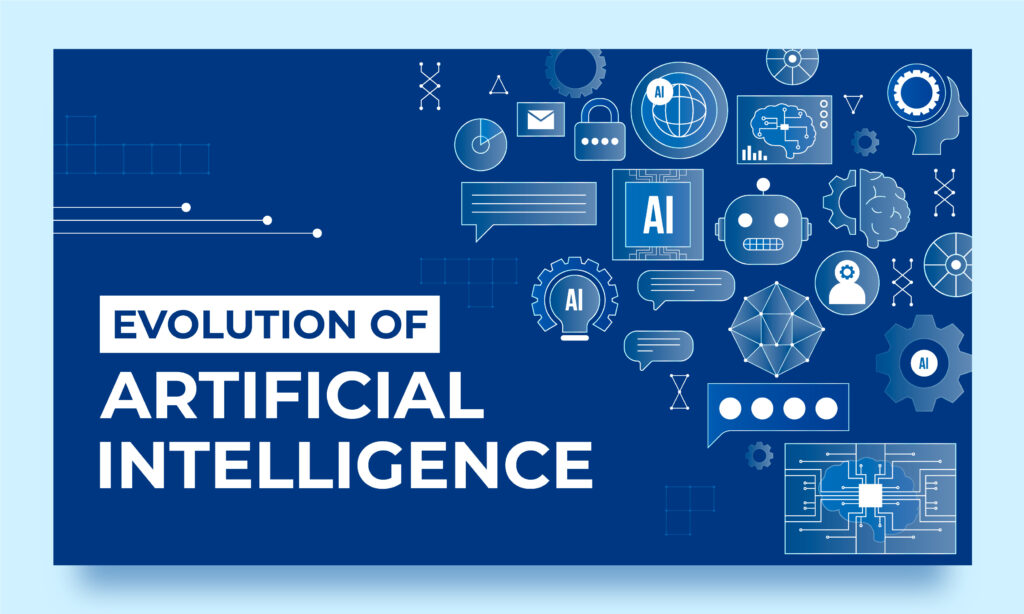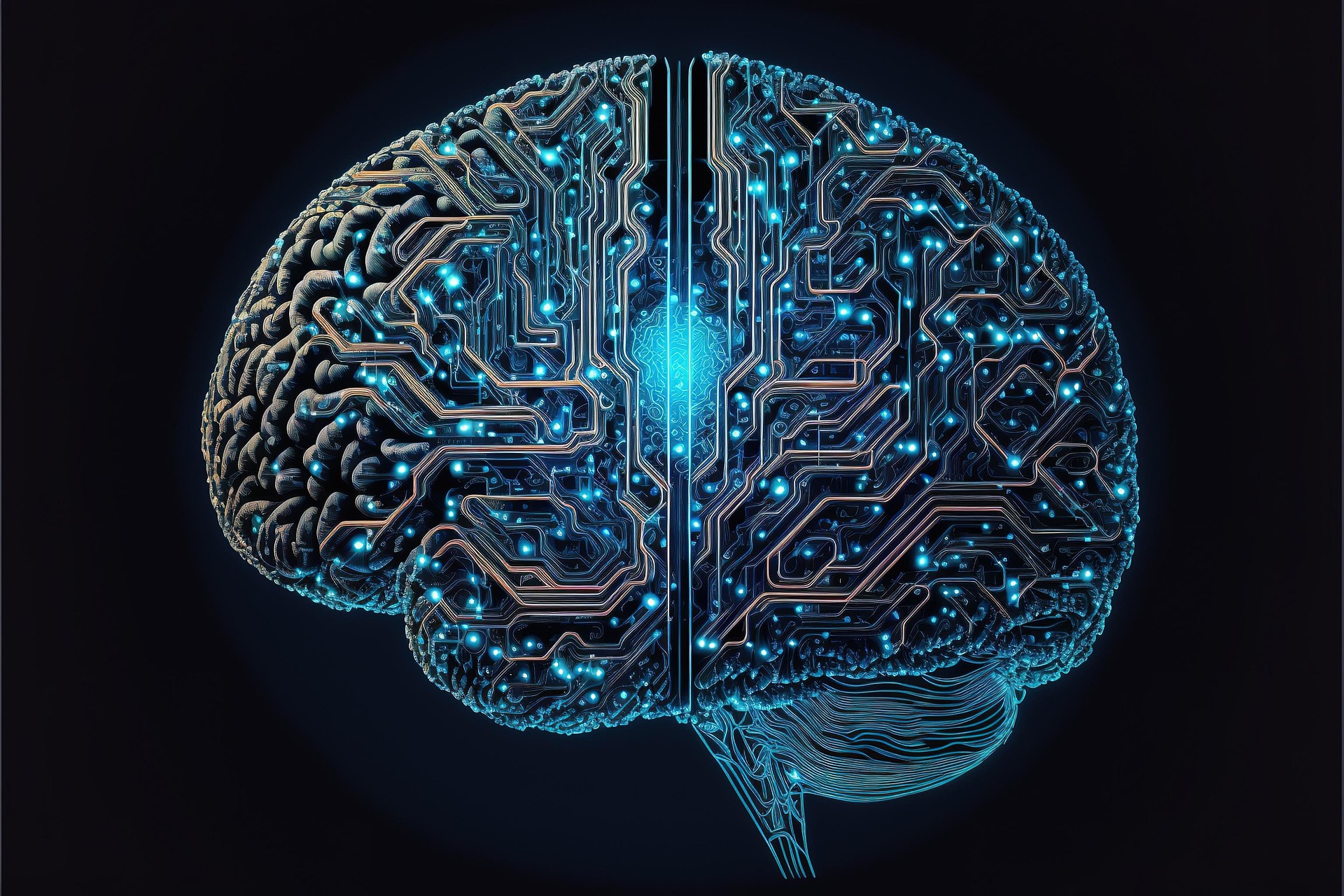Artificial intelligence (AI) is the ability of a digital computer or computer-controlled robot to perform tasks commonly associated with intelligent beings. These tasks include reasoning, learning, problem-solving, perception, and language understanding.
The history of artificial intelligence (AI) is rich and fascinating, marked by significant milestones and advancements. Here are some key events:

Early Foundations
- 1950: Alan Turing proposes the Turing Test to measure a machine’s ability to exhibit intelligent behavior.
- 1956: The term “Artificial Intelligence” is coined at the Dartmouth Conference, marking the official birth of AI as a field of study.
- 1960s-1970s: Early Development.
- 1966: ELIZA, an early natural language processing program, is developed by Joseph Weizenbaum.
- 1969: Shakey the Robot, the first general-purpose mobile robot, is created by SRI International.
1980s: AI Winter
During this period, there was reduced funding and interest in AI due to unmet expectations and limitations in computing power.
1990s-2000s and beyond: Resurgence
- 1997: IBM’s Deep Blue defeats world chess champion Garry Kasparov.
- 2000s: Advances in machine learning and data availability lead to renewed interest and significant progress in AI.
- 2010s-Present: Modern AI.
- 2011: IBM Watson wins Jeopardy! by outperforming human champions.
- 2016: Google’s AlphaGo defeats Go champion Lee Sedol, showcasing the power of deep learning.
- 2020s: AI applications expand into various fields like healthcare, finance, and autonomous vehicles.
Key Aspects of AI
- Machine Learning: A subset of AI that involves training algorithms to learn from data and make predictions or decisions without being explicitly programmed for each task.
- Deep Learning: A type of machine learning that uses neural networks with many layers to analyze complex data patterns.
- Natural Language Processing (NLP): Enables machines to understand and respond to human language.
- Computer Vision: Allows machines to interpret and make decisions based on visual data.
Applications of AI
- Healthcare: Disease diagnosis, personalized treatment plans, and drug discovery.
- Finance: Fraud detection, algorithmic trading, and personalized financial advice.
- Transportation: Autonomous vehicles, traffic management, and predictive maintenance.
- Customer Service: Chat-bots, virtual assistants, and sentiment analysis.
- Entertainment: Content recommendation, game development, and virtual reality.
These milestones highlight the evolution of AI from theoretical concepts to practical applications that are transforming industries and everyday life. If you have any specific questions or need more details, feel free to ask!

